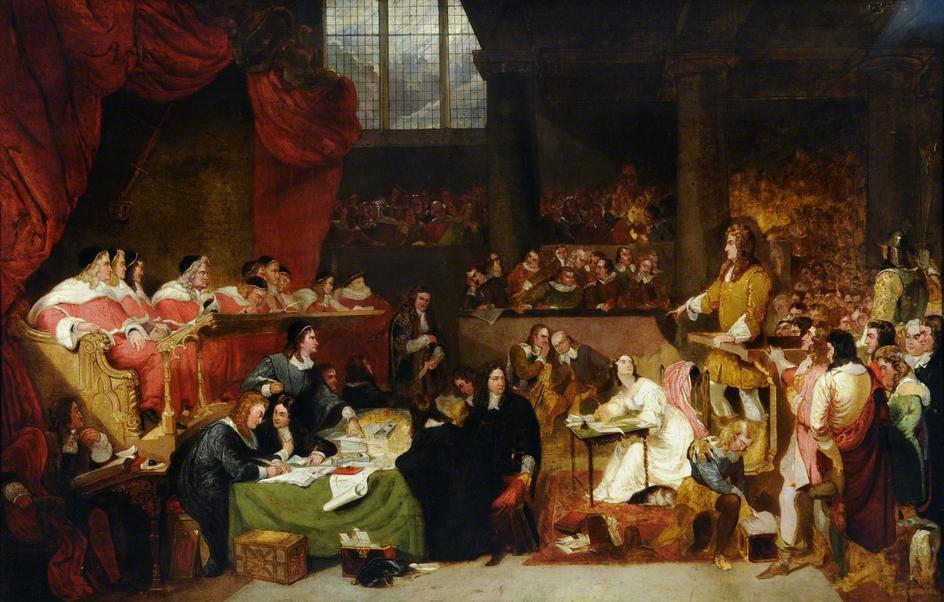Nelson H. Castro v. State, Appellate Case No. 2015-000021 (filed July 20, 2016) – SC Supreme Court PCR Win!
In this per curiam opinion, the South Carolina Supreme Court reviewed the question of whether the PCR judge erred in finding petitioner (Castro) failed to prove his trial counsel was ineffective when trial counsel did not object when the trial judge considered Castro’s decision to exercise his constitutional right to a jury trial as a factor when he sentenced Castro? That’s a mouthful, but it comes down to this:
Castro was charged with four drug related offenses. The state offered to dismiss some of his charges if he agreed to plead to other charges (standard deal from the State). Just before trial began, the trial judge explained to Castro that the State’s plea offer was still on the table and then he stated the following:
I have pre-tried this with your attorney, and I will tell you I am inclined to sentence on a plea to seven years. I would not be so inclined in the event of trial. Also, you would [sic] regardless of how this trial comes out, you would still be looking at the other three charges as well for which you could be tried and would be tried . . .
Now, your attorney tells me that you do not wish to accept this offer by the State, that you want to go to trial on this charge, and ultimately for all the charges. Is that what you want to do, [petitioner]? Are you sure that’s what you want to do?
Then, Castro proceeded to trial, and was convicted. During sentencing, the judge said this:
You are different from the other defendants in that they have cooperated and they have acknowledged their responsibility for the crimes they have committed. . . the State has had to take you to trial on a case where there was an overwhelming evidence of your guilt.
The judge sentenced Castro to 15 years in prison. Trial counsel did not object.
The South Carolina Supreme Court found that the statements made by the trial judge clearly revealed he improperly considered Castro’s decision to exercise his right to jury trial when sentencing him. Even though the court considered other factors, the trial court judge still erred because he considered Castro’s decision to exercise his constitutional right to jury trial at all. The South Carolina Supreme Court has made clear (once again!) that a defendant cannot be punished for choosing to go to trial. See Davis v. State, 336 S.C. 329, 520 S.E.2d 801 (1999) (holding counsel was ineffective and failing to object when the trial judge indicated the reason he sentenced Davis more harshly into similarly situated offenders who, is because there’s offenders admitted their guilt); State v. Hazel, 317 S.C. 368, 453 S.E.2d 879 (1995) (holding the trial judge abused his discretion when the judge considered the fact that Hazel did not plead guilty in declining to grant Hazel’s request for sentencing under the Youthful Offender Act); State v. Follin, 352 S.C. 235, 257-58, 573 S.E.2d 812, 824 (Ct. App. 2002) (“We caution the bench that a trial judge abuses his or her discretion incidence saying when the judge considers the fact that the defendant exercise the right to jury trial”).
Because trial counsel failed to object to the trial court’s consideration of Castro’s exercise of his right to trial, the South Carolina Supreme Court reversed, and remanded his case for resentencing.
The Court’s decision was compelled by the line of cases holding that a defendant is denied his right to due process when he is punished for exercising his constitutional rights. See Shapiro v. Thompson, 394 U.S. 618 (1969); Simmons v. United States, 390 U.S. 377 (1968). Still, it’s useful to have another published opinion reiterating this principle since it’s clear there’s at least one judge in South Carolina who needed a reminder.

